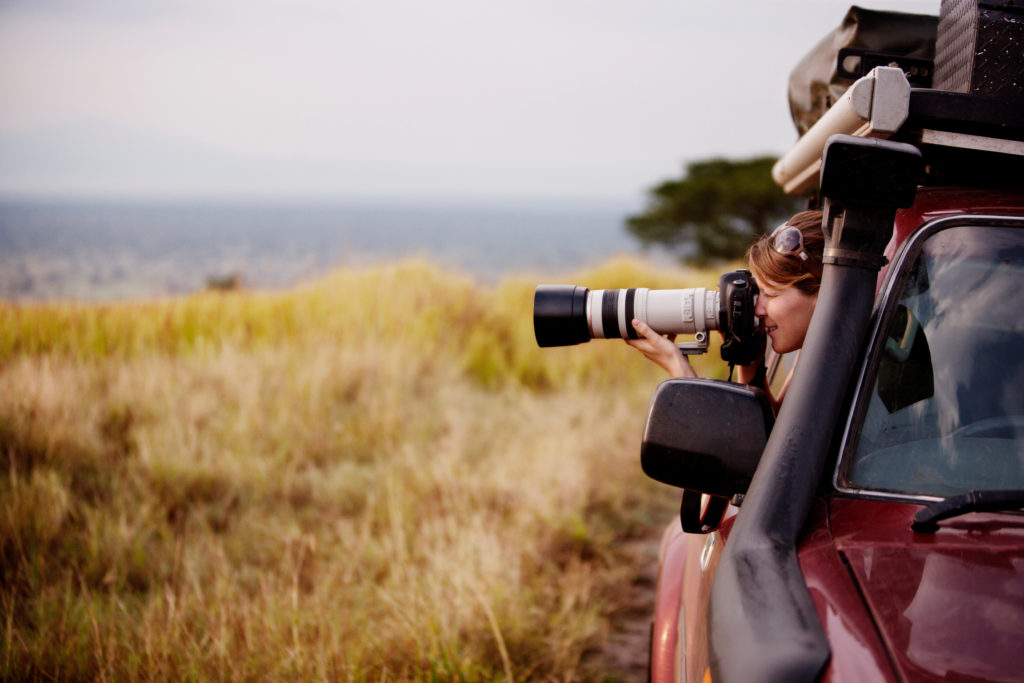
There’s lots of discussion about the effects of overtourism on a region but what about undertourism when a global pandemic shuts the world down?
Conflict between wildlife and people is a complex issue but tourism is a strong driver to mitigate these conflicts by compensating and incentivizing local communities to participate in conservation. In countries like Uganda, tourism has become an important resource for local communities and conservation efforts. For example, the WWF attributes the increase in Mountain Gorillas, in part, to tourism. Local communities benefit from tourism dollars in the region and therefore take an active role in conservation.
The pandemic has had a severe negative effect on communities in Uganda. Many people relied on tourism as their only source of livelihood, from porters to guides and women selling crafts. Young men who were previously poachers who joined conservation efforts have now gone back to poaching due to lack of tourism. In Biwindi National Park and Kibali National Park there have been instances of poaching as these men are desperate to put food on their family’s table. This is detrimental to conservation efforts.
Now the airport is opening up and tourists are coming back but it’s not enough yet. If you’re not ready to travel quite yet, you can support local communities in Uganda through the Justice Tourism Foundation (www.justicetourism.org). They’ve started a fundraising campaign to provide food to these communities.
So how can you make sure your tourism dollars are going to local communities?
- Stay in small locally owned hotels or home stays.
- Connect with local communities.
- Visit non-profit organizations.
- Pay attention to your tour company’s connections to the local communities and the local projects they support.
If you’re ready to plan a trip that supports local communities, you can get started here.